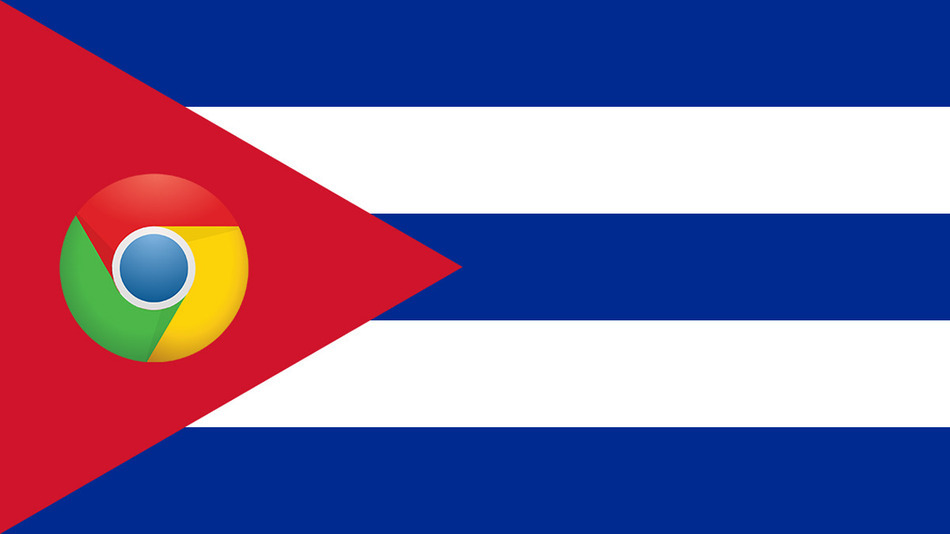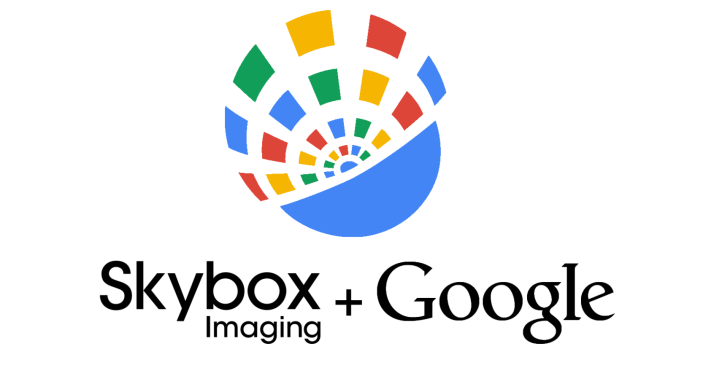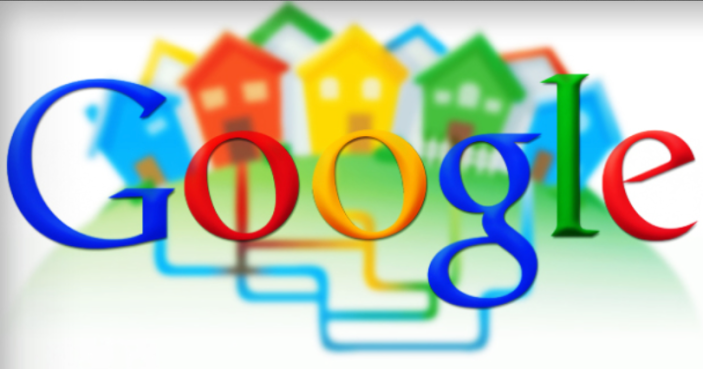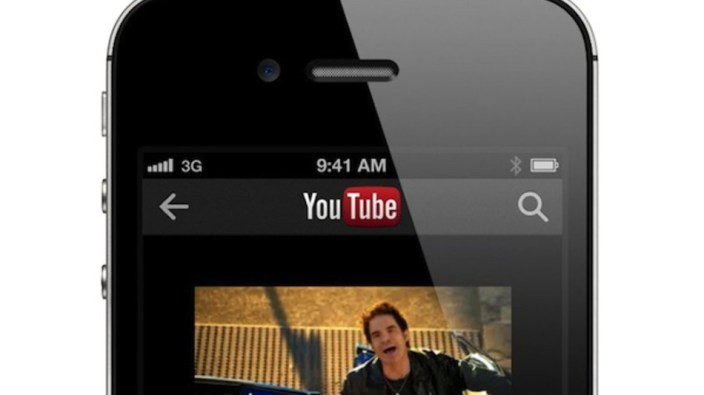
Verizon announced tiers for its new high-speed Internet FiOS “Quantum” service today. It ranges from $65 to $210 a month, and it is available in double or triple-play bundles and stand-alone plans. Verizon will continue offering its entry-level $65 15/5 Mbps service, but it will introduce new plans including: 50/25 Mbps, 75/35 Mbps, 150/65 Mbps, and 300/65 Mbps. The company noted they are “by a wide margin the nation’s fastest, mass scale residential Internet speeds.”
Three of those speeds ¬¬ 75/35, 150/65 and 300/65 — are twice as fast as those previously offered.1 In addition, Verizon will continue to offer its entry-level speed of 15/5 Mbps… The two highest downstream speed offers – 150 and 300 Mbps – and the new 65 Mbps upstream speed are by a wide margin the nation’s fastest, mass scale residential Internet speeds available. By contrast, the fastest Internet speeds offered by cable-company challengers top out at 105 Mbps downstream and 20 Mbps upstream. (This FiOS Internet speed grid shows specific examples of the benefits of faster downstream and upstream speeds.)
Verizon noted existing customers can upgrade free, but they will on-average pay $10 to $15 more per month. The company also outlined the different pricing options for new customers:
For new customers, prices of triple-play bundles of 15/5 Mbps FiOS Internet, FiOS TV and FiOS Digital Voice unlimited calling will range from $99.99 to $144.99 per month, depending upon which FiOS TV package is ordered. The packages are: Prime, with more than 200 channels and more than 50 HD channels; Extreme, with more than 290 channels and more than 70 HD channels; and Ultimate, with more than 380 channels plus premium movie channels, and more than 110 HD channels).
Double-play bundles of the 15/5 Mbps FiOS Internet and FiOS TV range from $84.99 to $129.99 per month. Stand-alone 15/5 Mbps service costs $69.99 per month on a month-to-month basis, and $64.99 per month with a two-year contract.
Triple-play bundles of the 50/25 Mbps speed range from $109.99 to $149.99 per month for new customers. Double-play bundles with FiOS TV range from $94.99 to $134.99 per month. The stand-alone version costs $79.99 per month on a month-to-month basis, and $74.99 with a two-year contract.
Triple-play bundles of the new 75/35 Mbps speed range from $114.99 to $154.99 per month for new subscribers. Double-play bundles with FiOS TV range from $99.99 to $139.99 per month. The stand-alone costs $89.99 per month on a month-to-month basis, and $84.99 with a two-year contract.
Triple-play bundles of 150/65 Mbps speed range from $169.99 to $174.99 per month for new FiOS customers. Double-play bundles with FiOS TV range from $154.99 to $159.99 per month. The stand-alone costs $99.99 per month on a month-to-month basis, and $94.99 with a two-year contract.
The new 300/65 Mbps tier, offered as a stand-alone only, costs $209.99 per month on a month-to-month basis, and $204.99 with a two-year contract.3












